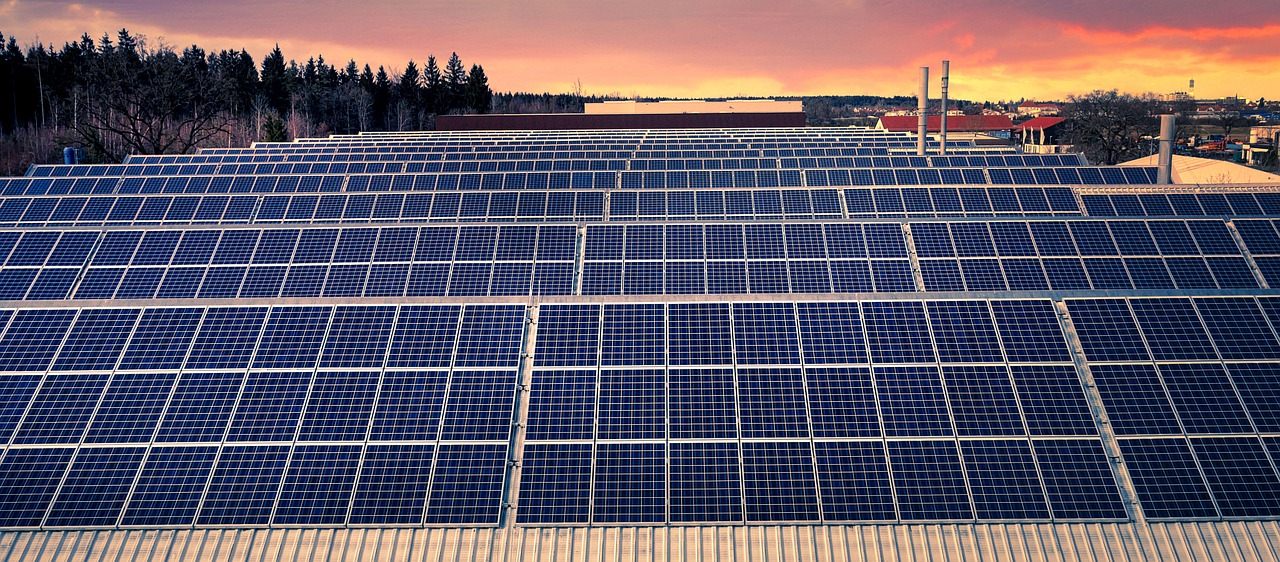Are you able to imagine a world where energy production is not only efficient, but also environmentally friendly? This is exactly what researchers at the Warsaw University of Technology are striving to achieve. They are developing a hyperbolic metamaterial that can act as an edge filter for a photovoltaic cell. It reflects infrared radiation and can reduce energy losses during the process of energy generation by photovoltaic panels. [1]
Photovoltaic panels are an excellent source of clean energy, but their creation has its challenges – they generate heat, which leads to a decrease in their energy efficiency. However, a team at PW found a way to reduce this heat generation by using hyperbolic metamaterials as an edge filter for the photovoltaic cell.
Metamaterials have a negative refractive index, which means they can reflect infrared radiation. By reflecting this radiation, the metamaterials prevent it from being absorbed by the photovoltaic cell, which reduces heat generation and increases the energy efficiency of the cell.
The team is collaborating with the Institute of Microelectronics and Photonics of the Lukasiewicz Research Network (IMiF) and the Institute of Physics of the Polish Academy of Sciences (IFPAN) to experimentally verify the metamaterial structures. The project is characterized by high scientific innovation – hyperbolic metamaterials have not been used in this way before.
The research represents a significant step toward more efficient and environmentally friendly energy production. If successful, the technology could revolutionize the energy industry and pave the way to a sustainable future. The development of these materials could lead to more efficient photovoltaic panels that can be used in applications ranging from powering homes to providing energy for transportation.
The development of negative refractive index material and its use in photovoltaic panels could have a significant impact on the Polish economy. Poland is a country that relies heavily on coal for energy production, which not only contributes to environmental pollution, but also makes it vulnerable to fluctuations in the global coal market. By investing in sustainable and efficient energy production technologies, Poland can reduce its dependence on coal and improve its energy security. The development of these materials can lead to more efficient and affordable photovoltaic panels that can be used in a variety of industries, including manufacturing, agriculture and transportation.
[1] International Information Service of Polish Science and Innovation
Zuzanna Czernicka


